The 12 Best Japanese Metal and Rock Albums
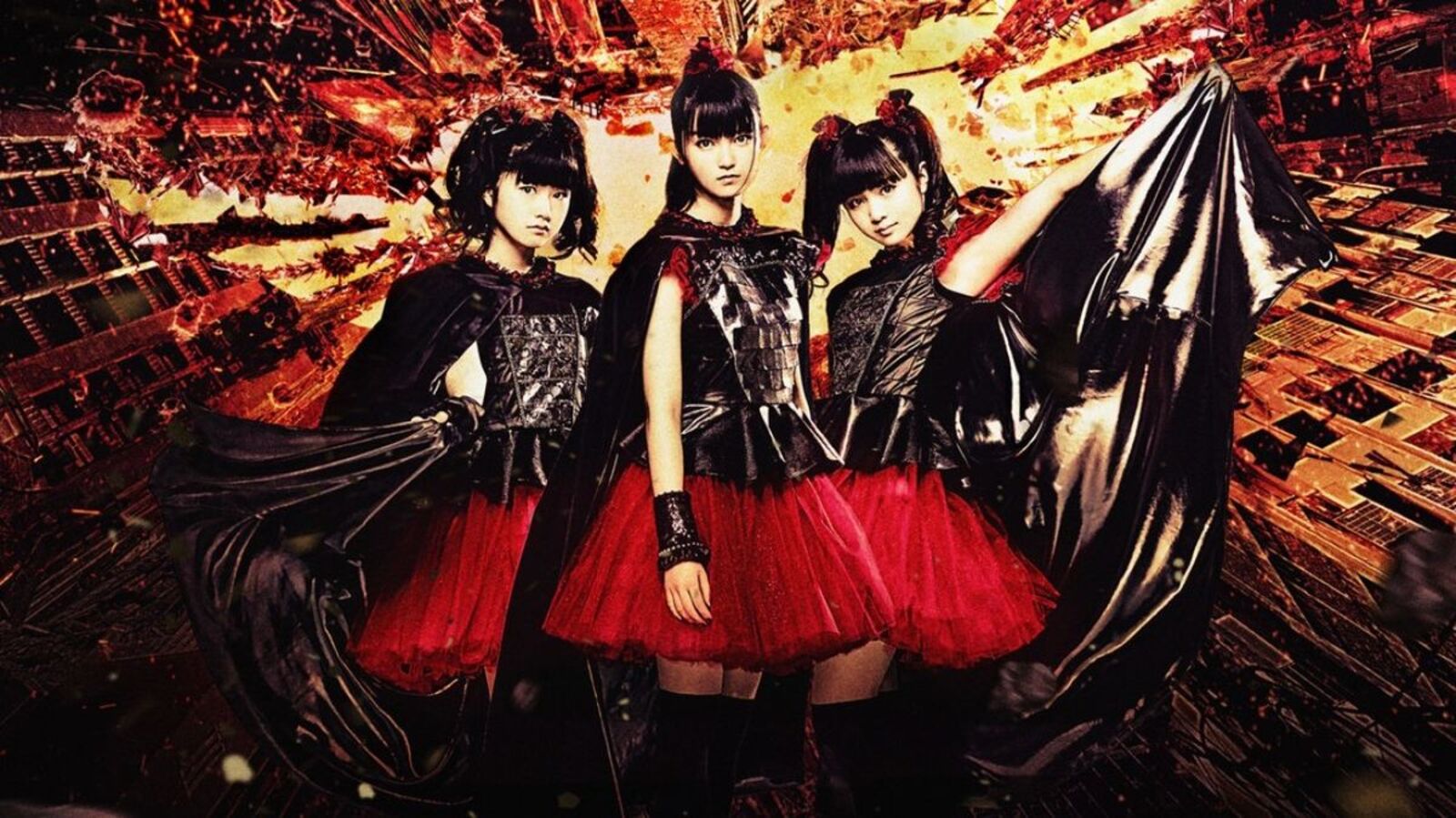
The greatest Japanese metal albums of all time are a great way to celebrate one of the genre’s most underrated nations. Japan has always been a very supporting nation of the heavy metal genre but its bands don’t get a lot of love in the West. It’s a shame because there is much to like about Japanese metal. Let’s find out which Japanese metal album is the greatest of all time.
12. Anthem – Gypsy Ways
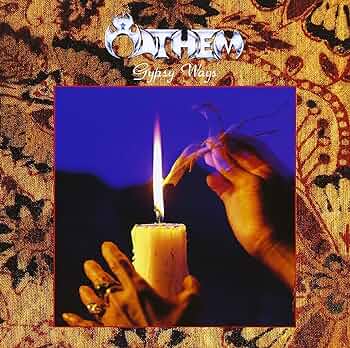
This is one of the greatest Japanese metal albums because of its strong collection of songs and its consistency. Songs like the title track or “Love in Vain” show Anthem at its best. Morikawa is also perhaps a more naturally gifted singer than Eizo and it shows throughout the album. The record has a strong melodic focus while not giving away that classic 80s metallic feel.
Also check out: The 12 Best Black Sabbath Songs with Ozzy Osbourne
11. Loudness – Thunder in the East
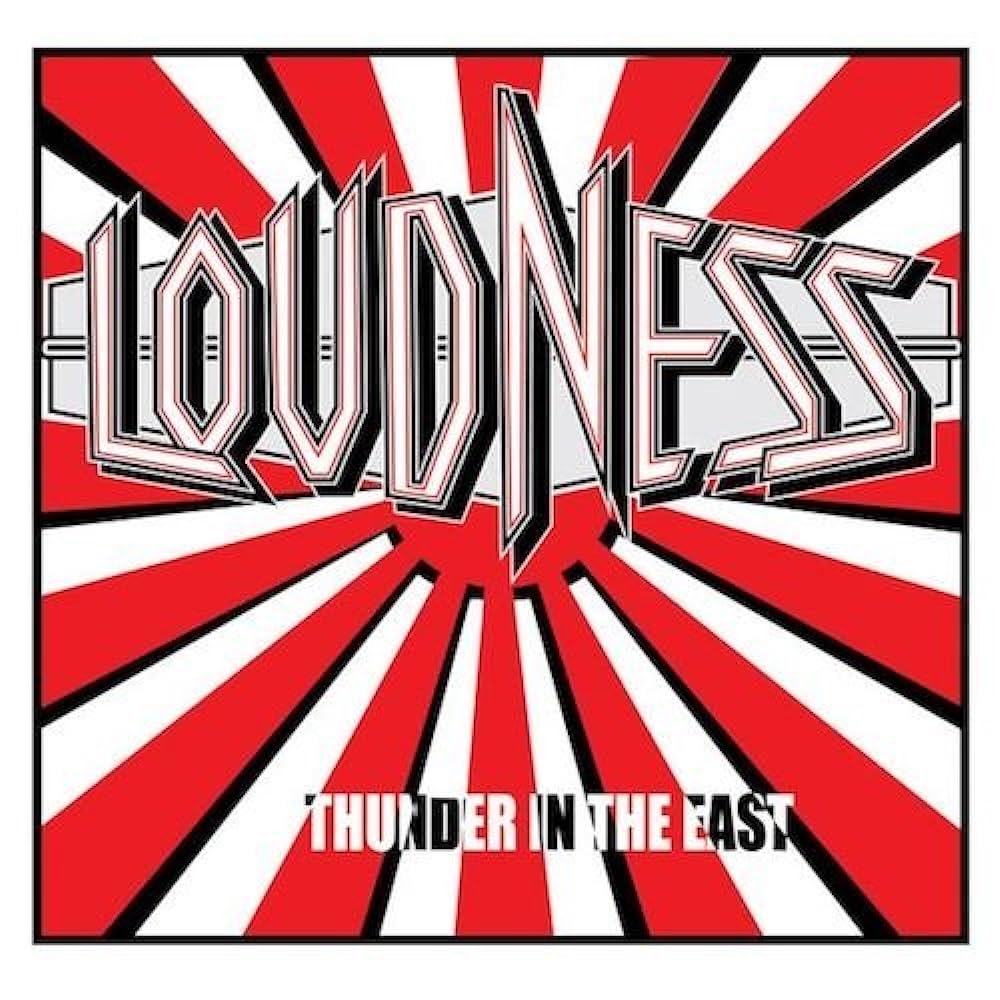
Loudness has a very large catalog so it would be a bit irresponsible to say this is the band’s best work. However, “Thunder in the East” is certainly in the discussion and deserves a place among the greatest Japanese metal albums.
10. X-Japan – Blue Blood

From a speed metal band X-Japan went to a more progressive one throughout its career, and “Blue Blood” is arguably the sweet spot. This is where fans and newcomers can enjoy the heavy stuff with the melodies and more intricate sections. It shows the different sides of this brilliant band and is a very solid starting place as well.
Viewers also like: The Top 13 Rock Albums of the ’70s
9. Earthshaker – Fugitive
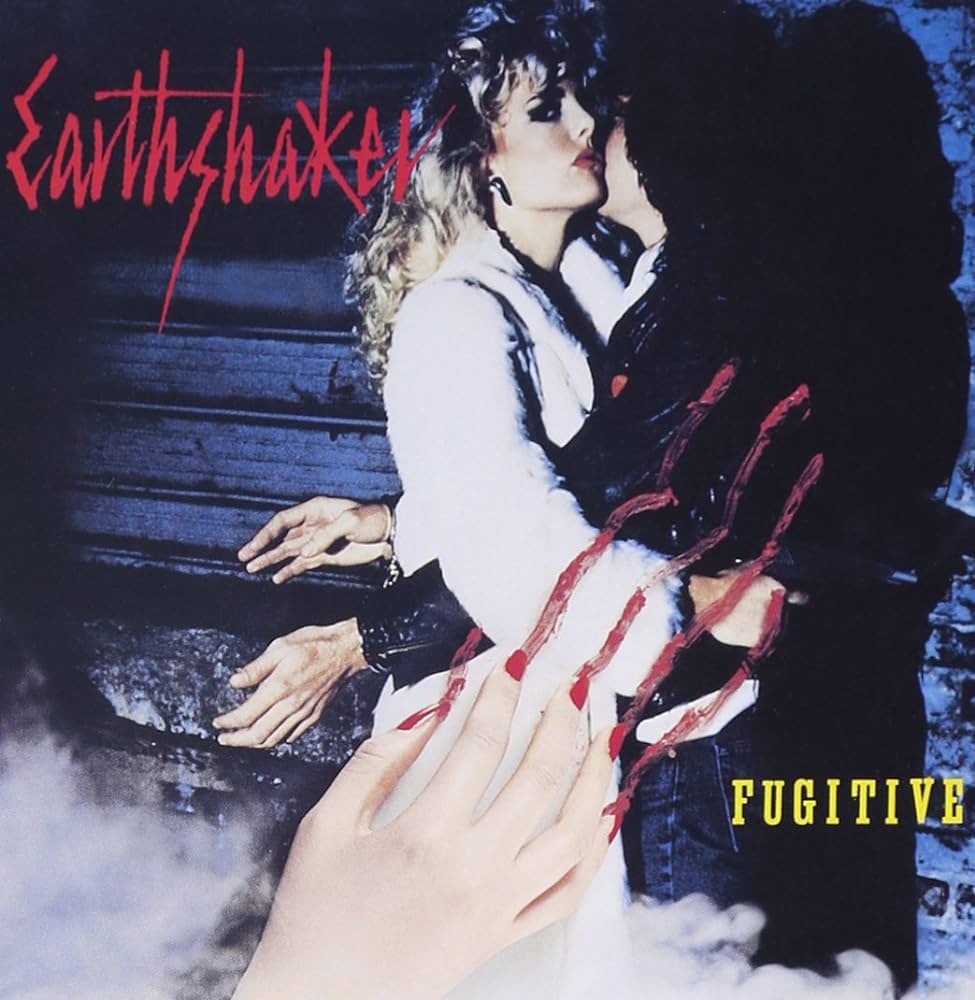
The thing about Earthshaker is this was one of the first metal bands to break big in Japan but hasn’t received a lot of attention in the West. Bands like Anthem, X-Japan, and Loudness are usually brought up as the first examples. And is a shame because Earthshaker is a big example of 80s heavy metal and 1984’s “Fugitive” is one of the greatest Japanese metal albums of all time.
“Fugitive” is a combination of classic 80s heavy metal with some late 70s influences. For example, the influence of the first Van Halen album is palpable through the guitar work. The track “More” was a hit single in Japan but the entire record deserves people’s attention.
8. Show-Ya – Outerlimits
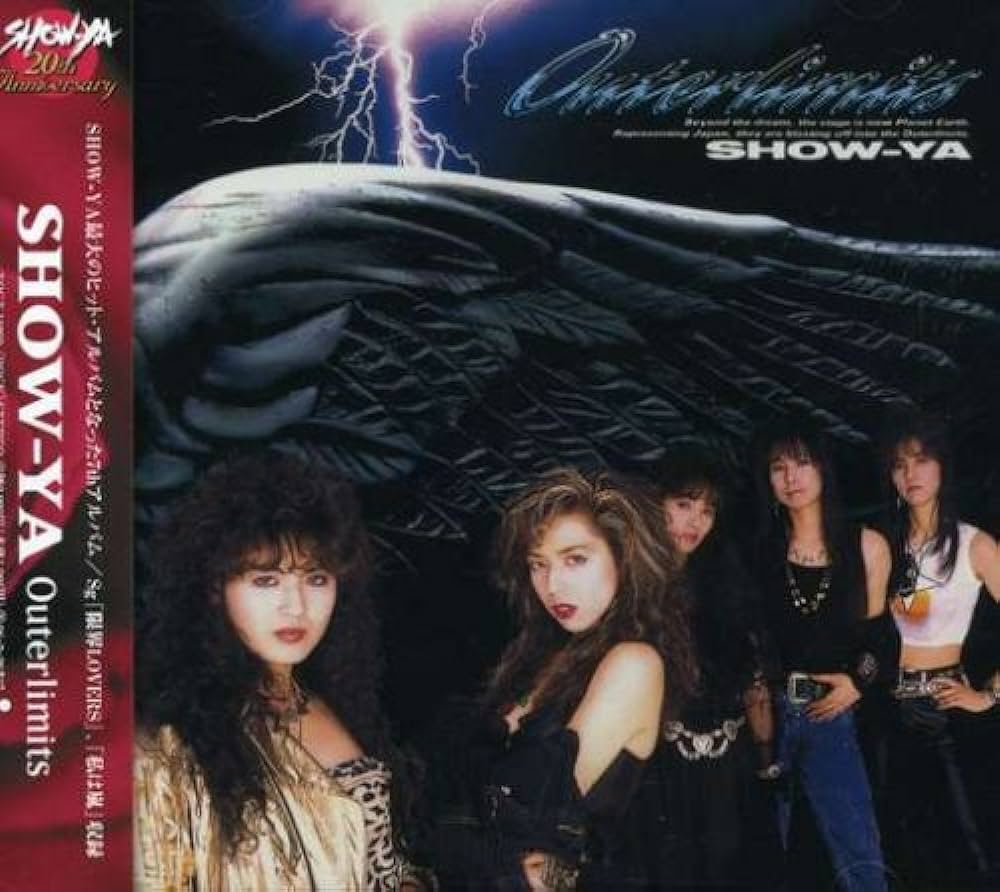
It’s fun to look back at Show-Ya‘s career. This is perhaps the most successful metal band most people in the West have ever heard of. But in Japan, the ladies of Show-Ya have sold millions of records and are legends of Japanese hard rock and metal. And while the band’s sound evolved over the years, 1989’s “Outerlimits” is one of the greatest Japanese metal albums.
The album has a strong combination of metal riffs and melodies but also a lot of speed metal influences. As an interesting variable, “Outerlimits” is also quite lighthearted and accessible. It is a perfect first choice for those who want to get into the band as it has everything metal fans enjoy and more.
Also check out: The 13 Best Swedish Rock and Metal Bands
7. Dead End – Zero
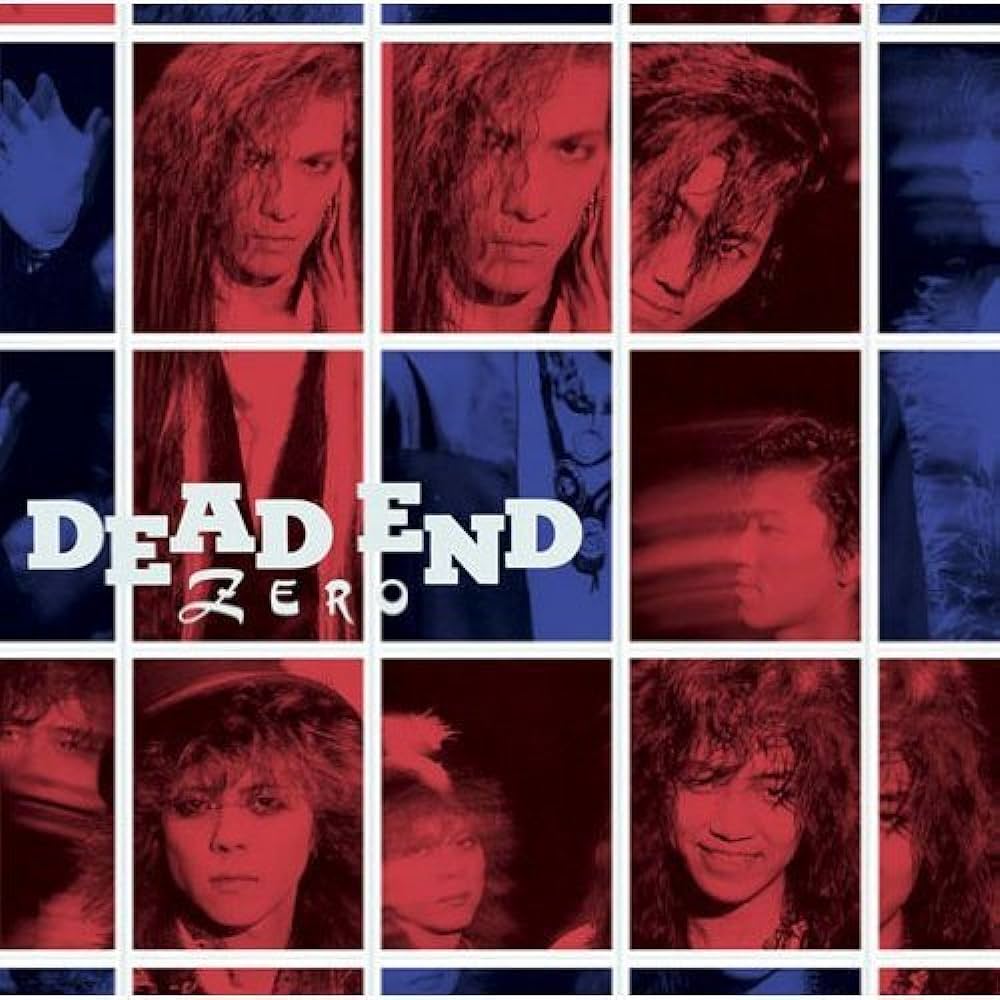
It’s also hard to gauge which Dead End album is the best but 1989’s “Zero” was something special. This record deserves to be among the greatest Japanese metal albums because it has a lot of experimentation while maintaining musical consistency. Songs like “Serafine, ““I Want Your Love, “and “Promised Land” is bizarre, experimental, somber, and beautiful.
If people want to listen to something different from the usual Japanese metal, “Zero” and Dead End is the best way to go.
6. Galneryus – Angel of Salvation
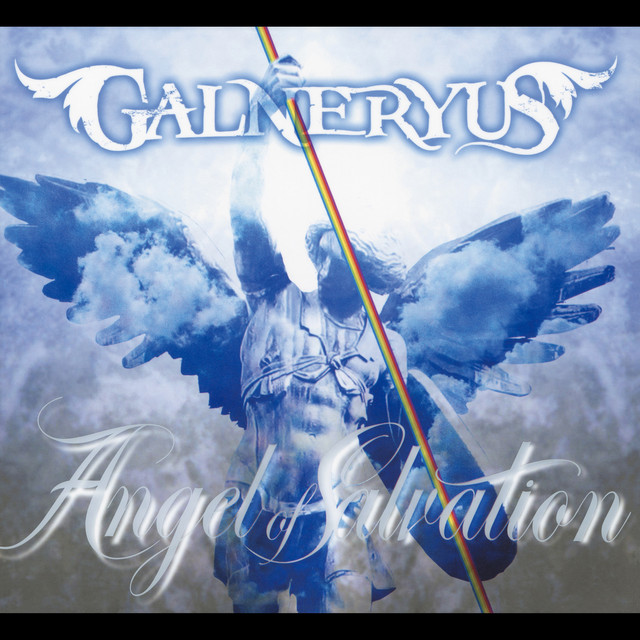
This is one of the greatest Japanese metal albums because it combines the best of power metal with top-class musicianship. The guys of Galneryus are extremely gifted musicians and know how to combine technicality with melodies and epic moments. Fans of classic power metal are definitely going to enjoy this one.
As a fun side note, the song “Hunting for Your Dream” was the ending song for the 2011 “Hunter X Hunter” anime series. This helped boost the band’s popularity in the West as well.
5. D’erlanger – Basilisk
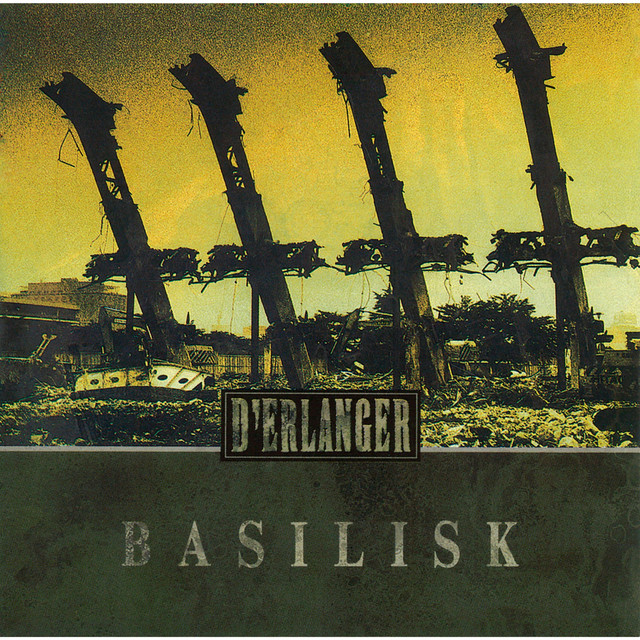
Japan, in the late 80s, had a movement called Visual Kei. It was the combination of boyish and feminine aesthetics along with heavy metal and some pop influences. Dead End and X-Japan were part of that trend, and the protagonists of this section D’erlanger, were as well. And among its work, 1995’s “Basilisk” could be one of the greatest Japanese metal albums.
4. Bow Wow – Warning from Stardust
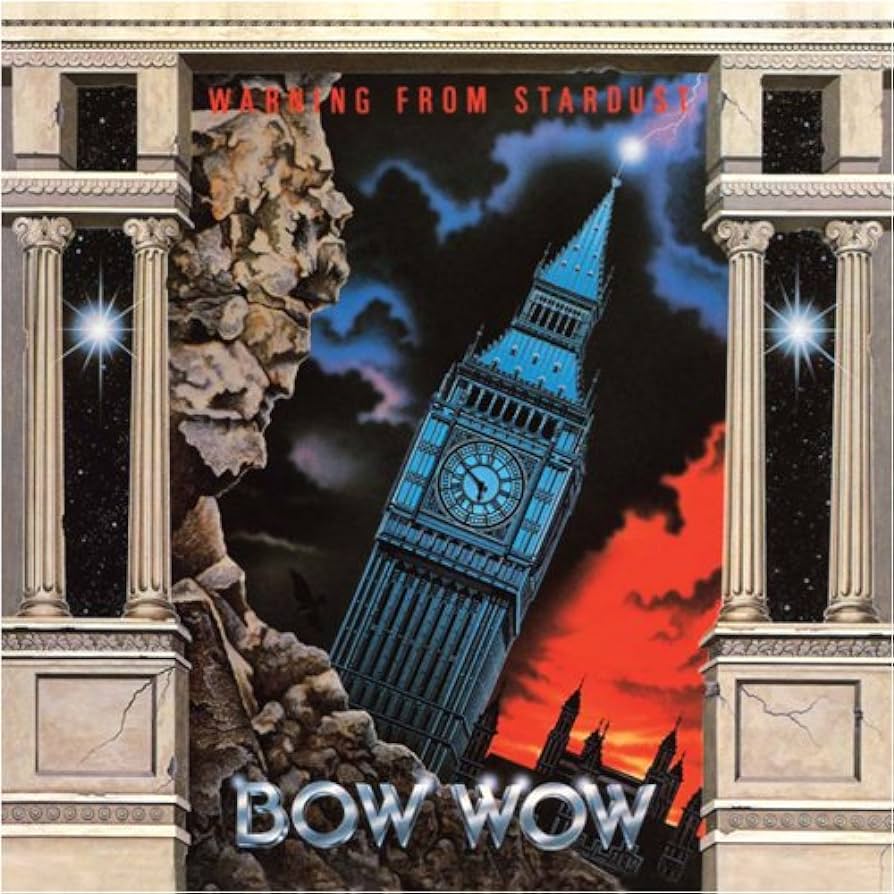
This band is one of the godfathers of Japanese metal. The interesting part is these guys have been grinding since the mid-70s and developed their sound as the years went by. They got heavier and heavier until finding their peak with 1982’s “Warning from Stardust“.
3. Seikima-II – From Hell with Love
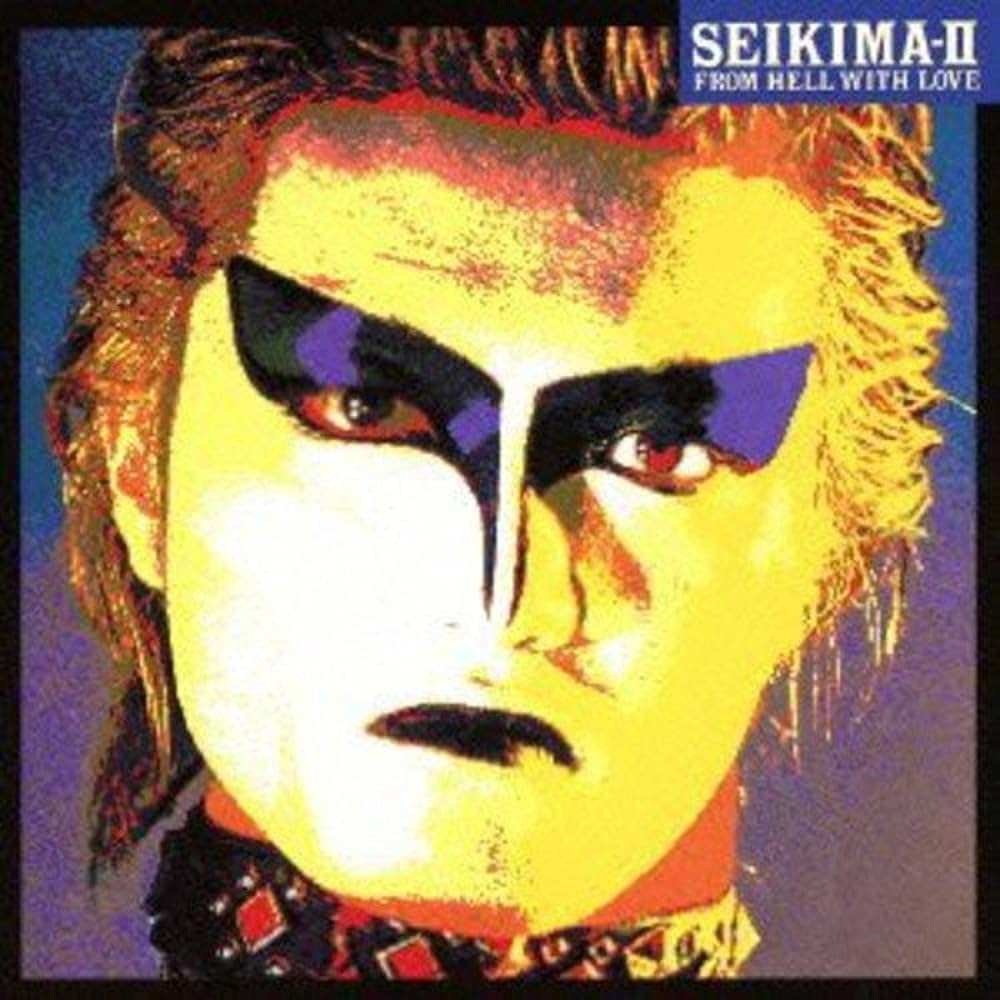
Of course, none of the theatrics matter if it is not offering good music. The good news is that Seikima-II has that in spades and 1986’s “From Hell with Love” is one of the greatest Japanese metal albums. It has that combination of a strong metallic feel while having hooks and catchy moments. If people enjoy something like Mercyful Fate and the first Slayer album, there is a good chance they are going to like this. One of the greatest Japanese metal bands out there and this record deserves a lot of attention as well.
2. Versailles – Holy Grail
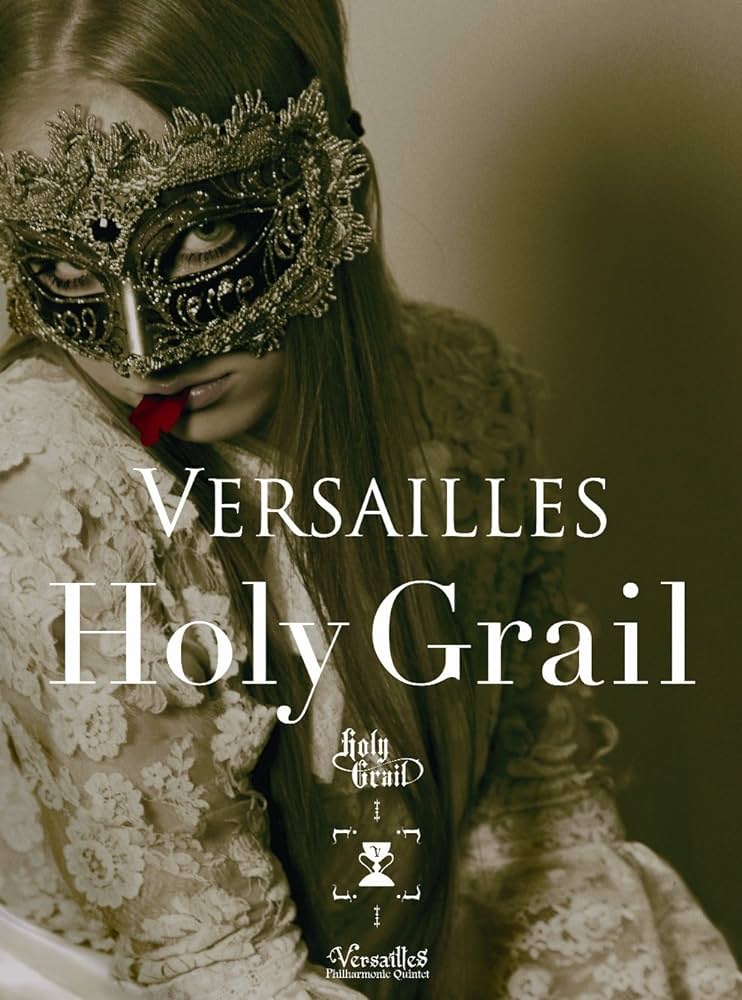
The whole record is rock solid from beginning to end and that’s its biggest strength from the get-go. It’s pure and epic power metal with strong symphonic elements. For those who love European power metal and want to listen to it at its most over-the-top interpretation, this is it. Versailles is, along with Galneryus, one of the main faces of Japanese power metal. And “Holy Grail” is a wonderful entry point for a lot of fans.
1. Church of Misery – Houses of the Unholy
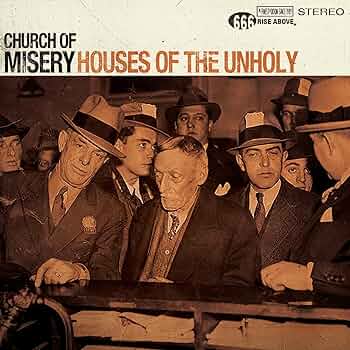
There is a strong reason why this is one of the greatest Japanese metal albums of all time: the riffs. It has some of the best riffs ever produced in the Land of the Rising Sun. And they are accompanied by some of the best works in the doom-metal subgenre. The songs are dark, heavy, and have a lot of charisma. If people need something heavy, powerful, and made by great musicians, then the Church of Misery has them covered.